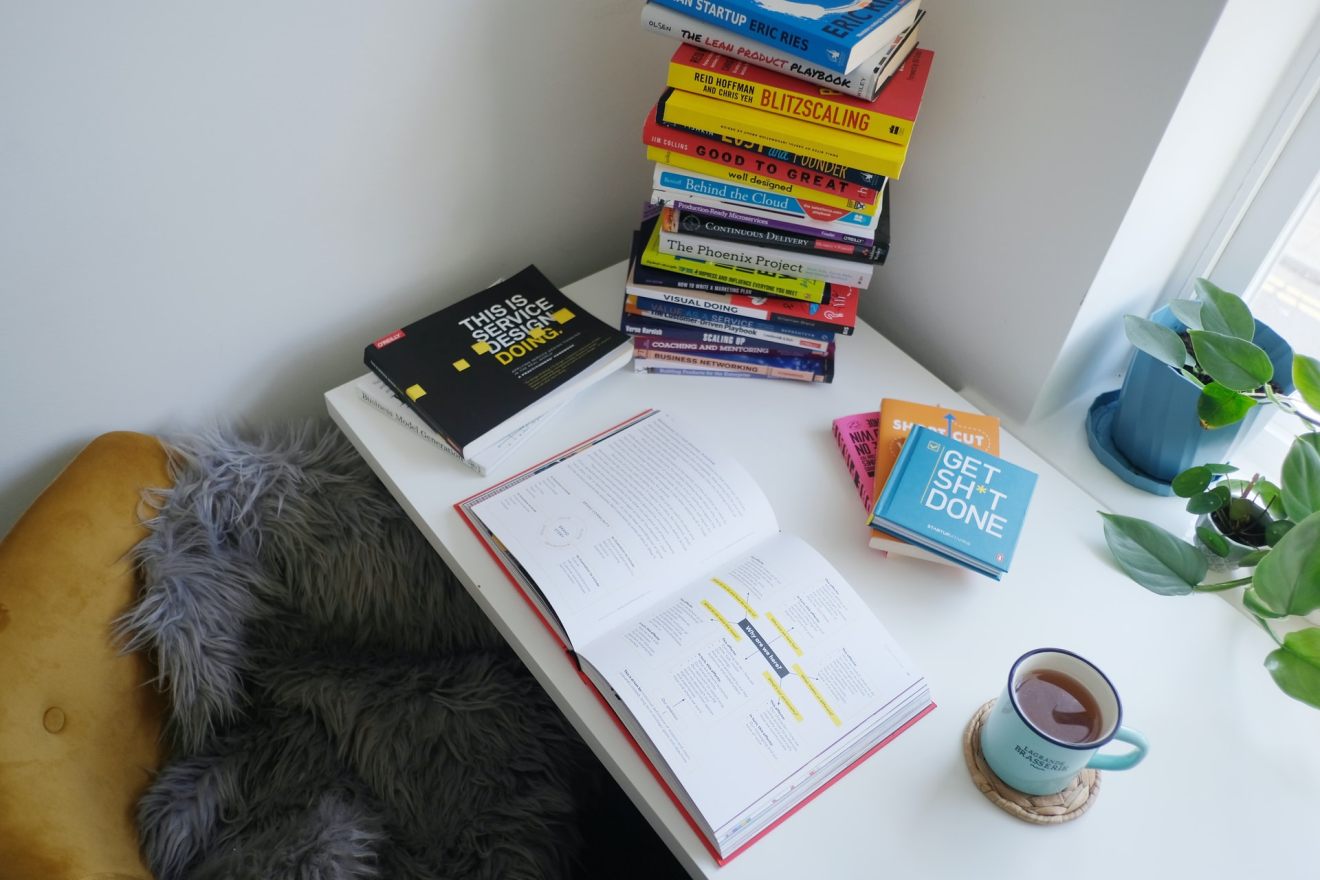
Important things to remember when studying for a test
Studying for a test is never easy, and it's even harder when you're not sure what to do. There are many different strategies that people use to study more effectively, but the most important thing to remember is that you should find out how your brain works best. If you know yourself and what kind of learner you are - visual, auditory, or kinesthetic - then studying will be much easier.
Types Of Learners
If you are a visual learner, then you need to see the material to understand it. If this is your learning style, try drawing out concepts and diagrams so that they can be seen for them to make sense. For auditory learners, listen closely when ideas are being explained or read along with the material if available. You also need to do this for people who learn via tactile or kinesthetic learning. For example, if you are a person with strong auditory and visual skills, but poor tactile abilities (or not exposed to them as often), take notes on what is being said and glance at the material again so that you can write down keywords for later review. When learning for the 11 plus exam, it is important to keep in mind that you will be learning different types of materials. For example, if the material comes off as very advanced and complex for your level, then try breaking it down and simplifying it so that you can process what's being said. If there are diagrams or pictures involved with collecting information, make sure to look at them so that you can have a better understanding of the concepts being taught.
Not every strategy works for everyone
Everyone has different learning and memorization styles. For some people, studying in silence works best while for others it is better to study with music or with friends. You should find a way that makes you feel most comfortable when you are trying to learn the material so that your mind can retain as much of what you studied as possible. Some students even find it helpful to speak the information out loud when they are studying. This is called “auditory learning”, and for some people, this strategy helps them learn the material more effectively.
It might seem strange at first, but you should give it a try if none of your other strategies are working. You might also want to try using a computer or smart device as an aid. Many apps help you learn the material by asking questions and testing your knowledge, which can be very helpful if you have difficulty studying on paper or just prefer the convenience of an app. Whatever method(s) work best for you should be your focus when you are studying so that you can retain the most information. Also, stay focused! If you get distracted or start to daydream while you are trying to study, it is easy for your mind to wander and forget what you just read/heard.
Study smarter, not harder
Get a good night’s sleep before the test. This is very important because your body needs rest to function properly and during this time, your brain will process the information you learned throughout your study sessions. Without proper sleep, you won't be able to remember anything that was discussed in class or from any review sheets that were given out for studying purposes. Don't cram the night before a test. This is when your brain will pull up information that you don't want it to and in turn, you won't be able to concentrate on anything else except for what might pop in your head during the middle of taking an exam. Instead, start studying at least one week ahead and take it one day at a time.
Eat something before the test that will give you energy but not make you feel sick such as fruit, nuts, and granola bars. Also, keep some water nearby in case your mouth gets dry during the exam when nerves start to kick in, or just take sips throughout if need be. When taking notes, write down what was said in class verbatim and use your own words when writing out answers on a review sheet. This way, there won't be any confusion about determining who's right or wrong during the grading process.
Practice makes perfect
You’ve been studying for hours and you just can't seem to memorize that boring textbook. Here's a tip: try practicing the information out loud, instead of reading it from your notes or textbook. This will help enunciate the words in your head so they don't get jumbled up while trying to stay engaged with the material.
Remember to keep practicing it until you don't have to think about what comes next. When you find yourself saying things naturally, without hesitation or pauses, then the information has become ingrained in your memory. You also need to practice different methods of delivering this information. Try writing out a lecture and reading it word for word. Then, try to teach a friend the information by speaking from memory. You can also record yourself talking about this topic so you can hear what it is supposed to sound like when someone else is saying it. This will help your brain know how you intend for others to understand and process this material.
Be organized and prepared
Re-reading the material multiple times is one way to ensure that you are prepared for your test. This means taking notes on what you have read, especially important facts. If there is a study guide provided it can be very helpful as well but should not replace reading through the information yourself first. Rather than only studying at night before bed, try to create a study schedule and incorporate studying throughout your day. If you have the time, there is nothing wrong with taking a break from social media or other distractions and focusing on what needs to be done.
Reward yourself
Rewarding yourself is important because it will help you stay motivated and focused on achieving success! Remember to reward yourself after every study session that goes well, this will also give you an incentive to study even harder the next time.
For example, after completing a study session or chapter, go out for ice cream or run an extra mile around the block. You deserve it! Another great way to reward yourself is by taking some time off. You have been spending so much time studying, why not do something fun? Spend the afternoon at the park or play a game of tennis with your friends.

If you are having trouble remembering what is important to remember when studying for a test, don’t worry about it. Just read this blog post. Then you won't be worried anymore!



















